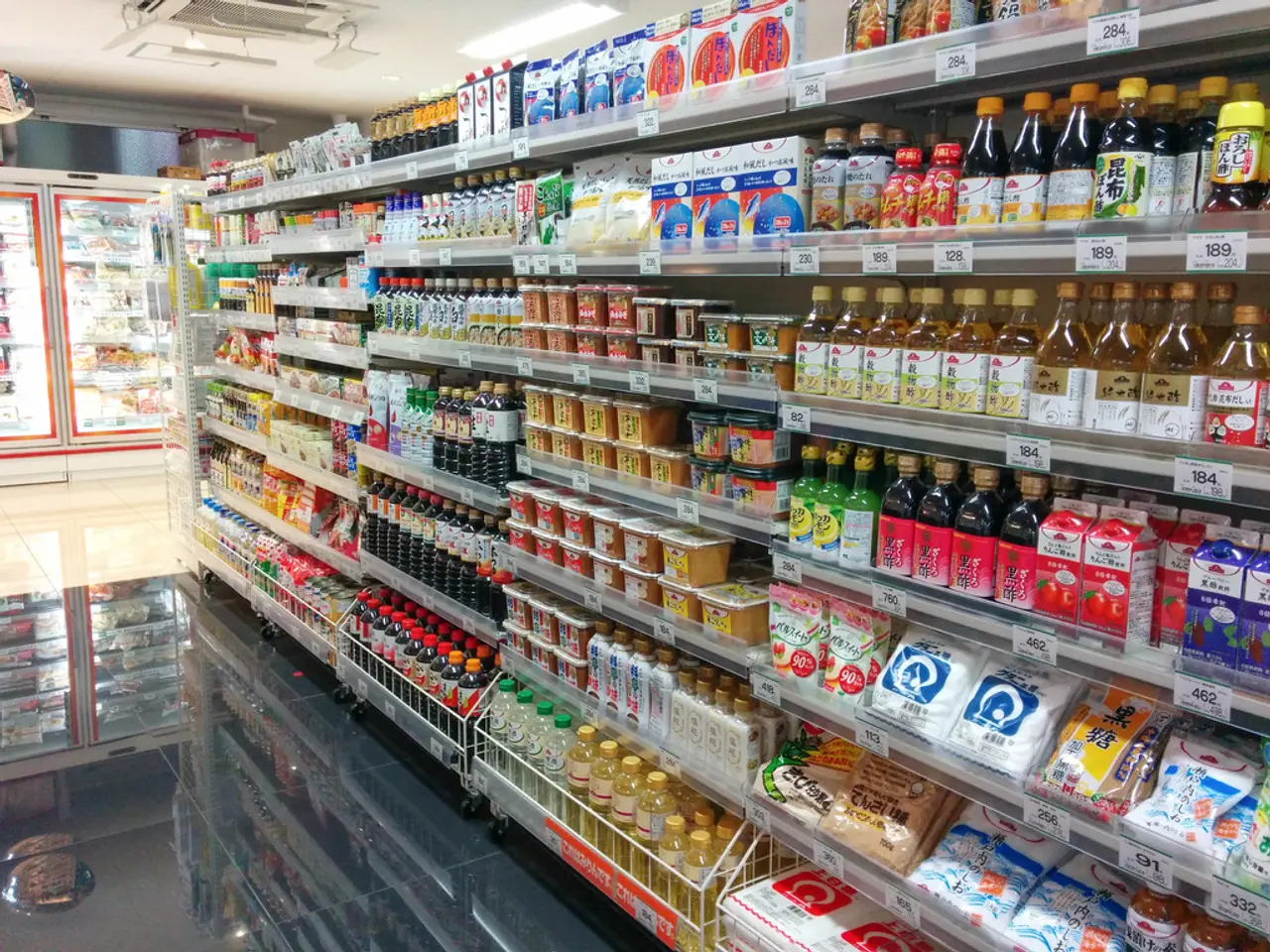Retaliation Against Lidl: Consequences Arise from Discount Campaign
In a recent turn of events, Lidl's price reduction campaign, touted as "the biggest price reduction in its history," has been met with criticism from consumer protection agencies and experts. The Consumer Advice Center Hamburg, in particular, has filed a lawsuit against the food retailer due to concerns over the campaign's transparency and accuracy.
Reasons behind the criticism:
- Questionable use of "permanently": The Consumer Advice Center argues that the use of the word "permanently" in the campaign may be misleading. Prices can change due to various factors, and the claim implies an indefinite price reduction that might not be consistently true.
- Lack of comparison details: Lidl's campaign states "Immediately 500 products cheaper," but it is not always clear what the comparison baseline is—whether these prices are compared to Lidl's previous prices, competitors’ prices, or retail averages. Without transparent comparisons, consumers might be misled about the actual savings.
- Legal and ethical concerns: German consumer protection agencies are strict about advertising claims. If an advertisement suggests permanent savings but prices later increase or products are fewer, this could be deemed unfair under German law.
The impact:
The discount action by Lidl has had a ripple effect on other major retail chains, causing them to adjust their prices as well. However, the savings effect of Lidl's advertising appears to be significantly lower than consumers assume. According to an evaluation of over 640,000 cash register receipts, customers save hardly anything through the discount action.
Price comparison app Smhaggle identified around 270 reduced products at Lidl, with many products only becoming a few cents cheaper. Professor Ruschen, a trade expert, called Lidl's advertising "unfortunate." Armin Valet, a food expert from the Consumer Advice Center Hamburg, also criticized the lack of clarity in Lidl's advertising, particularly in the details of the price adjustments, which are only available to customers in a footnote.
As the case unfolds in the Regional Court of Heilbronn, Lidl will need to address these concerns to ensure greater transparency and accuracy in their advertising, avoiding regulatory scrutiny and consumer distrust.
In these circumstances, Lidl's advertising strategy in the retail industry may face financial consequences due to the legal and ethical concerns raised by consumer protection agencies, who assert that the use of permanent price reductions and lack of clarity in comparing prices with baselines could lead to misleading consumers, undermining businesses' trust. Furthermore, conflicting savings projections by Smhaggle and the conclusion drawn by Professor Ruschen call into question the effectiveness of Lidl's price reduction campaign, suggesting potential problems within the finance sector as consumer protection agencies scrutinize the retailer's business practices.




